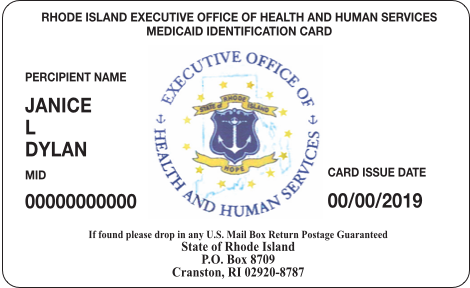Contraindication: Repatha® is contraindicated in patients with a history of a serious hypersensitivity reaction to Repatha®. Serious hypersensitivity reactions including angioedema have occurred in patients treated with Repatha®.
Allergic Reactions: Hypersensitivity reactions (e.g. angioedema, rash, urticaria) have been reported in patients treated with Repatha®, including some that led to discontinuation of therapy. If signs or symptoms of serious allergic reactions occur, discontinue treatment with Repatha®, treat according to the standard of care, and monitor until signs and symptoms resolve.

Adverse Reactions in Primary Hyperlipidemia (including HeFH): The most common adverse reactions (>5% of patients treated with Repatha® and occurring more frequently than placebo) were: nasopharyngitis, upper respiratory tract infection, influenza, back pain, and injection site reactions.
Inpatient Care Inpatient care occurs when a patient’s condition requires admission to a hospital. There are two inpatient copayment rates: the full rate and the reduced rate. Veterans living in high cost areas may qualify for a reduced inpatient copayment rate.
This co-pay assistance program can be used to reduce the amount of an eligible patient’s out-of-pocket expenses for Viatris’ Ogivri ® (trastuzumab-dkst) for injection 150 mg/vial and/or 420 mg/vial up to the maximum aggregate amount set forth on Viatris’ website while this co-pay assistance program remains in effect (such aggregate. Inpatient Copayments There are two inpatient copayment rates – the full and reduced rate. The reduced inpatient copayment rate, which is 20% of the full inpatient rate, applies to Veterans enrolled in PG 7. Both the full and the reduced rates are computed over a 365-day period. You pay this: $1,484 Deductible glossary for each Benefit period. Days 1–60: $0 Coinsurance for each benefit period. Days 61–90: $371 coinsurance per day of each benefit period. Days 91 and beyond: $742 coinsurance per each 'lifetime reserve day' after day 90 for each benefit period (up to.
From a pool of the 52‐week trial and seven 12‐week trials: Local injection site reactions occurred in 3.2% and 3.0% of Repatha®‐treated and placebo‐treated patients, respectively. The most common injection site reactions were erythema, pain, and bruising.
Allergic reactions occurred in 5.1% and 4.7% of Repatha®‐treated and placebo‐treated patients, respectively. The most common allergic reactions were rash (1.0% versus 0.5% for Repatha® and placebo, respectively), eczema (0.4% versus 0.2%), erythema (0.4% versus 0.2%), and urticaria (0.4% versus 0.1%).
Adverse Reactions in the Cardiovascular Outcomes Trial: The most common adverse reactions (>5% of patients treated with Repatha® and occurring more frequently than placebo) were: diabetes mellitus (8.8% Repatha®, 8.2% placebo), nasopharyngitis (7.8% Repatha®, 7.4% placebo), and upper respiratory tract infection (5.1% Repatha®, 4.8% placebo).
Among the 16,676 patients without diabetes mellitus at baseline, the incidence of new‐onset diabetes mellitus during the trial was 8.1% in patients assigned to Repatha® compared with 7.7% in those assigned to placebo.
Medicare Inpatient Copay
Immunogenicity: Repatha® is a human monoclonal antibody. As with all therapeutic proteins, there is potential for immunogenicity with Repatha®.
Inpatient Hospital Copay
Please see full